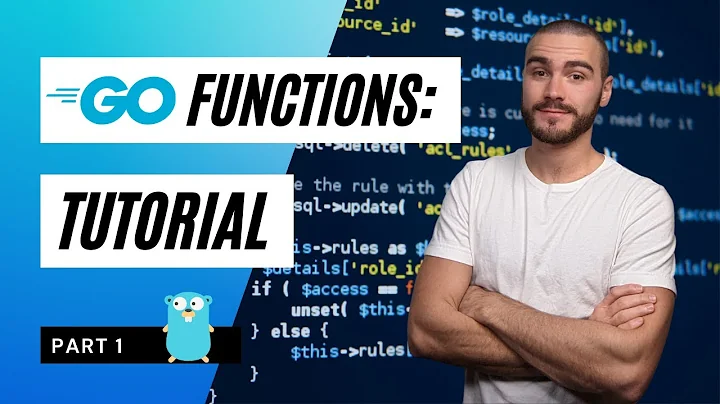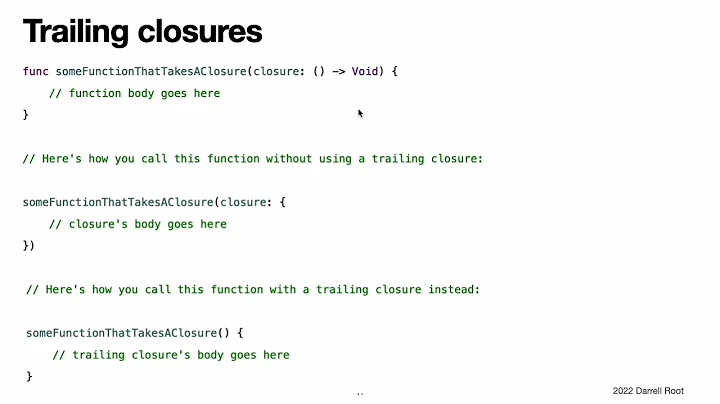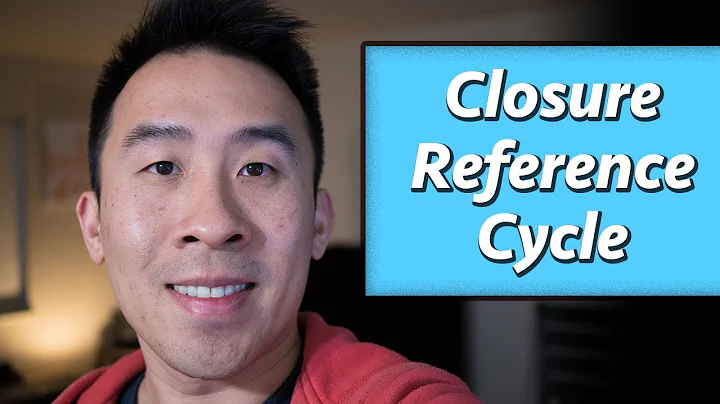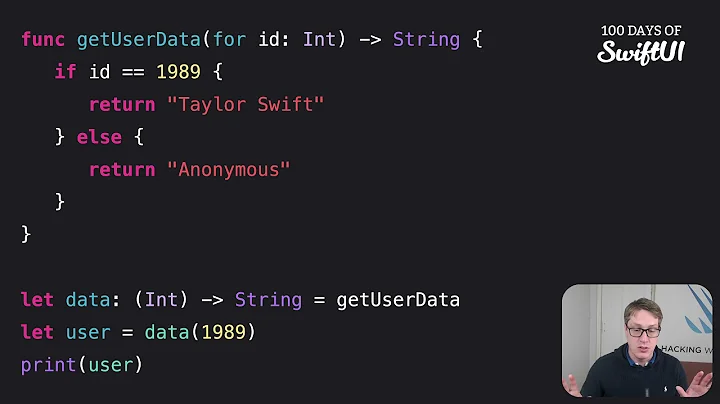Variable captured by closure before being initialized
You need to initialize the variable before use it inside a closure:
If you use a closure to initialize a property, remember that the rest of the instance has not yet been initialized at the point that the closure is executed. This means that you cannot access any other property values from within your closure, even if those properties have default values. You also cannot use the implicit self property, or call any of the instance’s methods.
The command var numberOfGames: Int just declare it to initialize you can use var numberOfGames = Int() or var numberOfGames:Int = 0
func tableView(tableView: UITableView, numberOfRowsInSection section: Int) -> Int
{
var user: PFUser!
var numberOfGames:Int = 0
var query = PFQuery.orQueryWithSubqueries([userQuery, userQuery2, currentUserQuery, currentUserQuery2])
query.findObjectsInBackgroundWithBlock{
(results: [AnyObject]?, error: NSError?) -> Void in
if error != nil {
println(error)
}
if error == nil{
if results != nil{
println(results)
numberOfGames = results!.count as Int
}
}
}
return numberOfGames
}
Related videos on Youtube
winston
Updated on October 26, 2020Comments
-
winston over 3 years
I'm trying to store the number of results from a query into an integer so that I can use it to determine the number of rows in a table. However, I'm getting the following error:
Variable 'numberOfGames' captured by a closure before being initialized'on the linequery.findObjectsInBackgroundWithBlock{.I also get another error
Variable 'numberOfGames' used before being initializedon the linereturn numberOfGames.Here's the function that contains the two errors:
func tableView(tableView: UITableView, numberOfRowsInSection section: Int) -> Int { var user: PFUser! var numberOfGames: Int //...query code....removed to make it easier to read var query = PFQuery.orQueryWithSubqueries([userQuery, userQuery2, currentUserQuery, currentUserQuery2]) query.findObjectsInBackgroundWithBlock{ (results: [AnyObject]?, error: NSError?) -> Void in if error != nil { println(error) } if error == nil{ if results != nil{ println(results) numberOfGames = results!.count as Int } } } return numberOfGames } -
winston about 9 years*facepalm ... I need to learn the difference between declare and initializing. Thank you for the help!
-
 ScottyBlades almost 4 years@Anton, Wouldn't the alternative be to let the program intermittently crash at runtime without prior warning, via attempting to access a memory address without a value?
ScottyBlades almost 4 years@Anton, Wouldn't the alternative be to let the program intermittently crash at runtime without prior warning, via attempting to access a memory address without a value? -
 Anton Tropashko almost 4 yearsSomehow it was all working elegantly and without million pitfalls in objc day and age predating the design-by-committee of swift
Anton Tropashko almost 4 yearsSomehow it was all working elegantly and without million pitfalls in objc day and age predating the design-by-committee of swift










